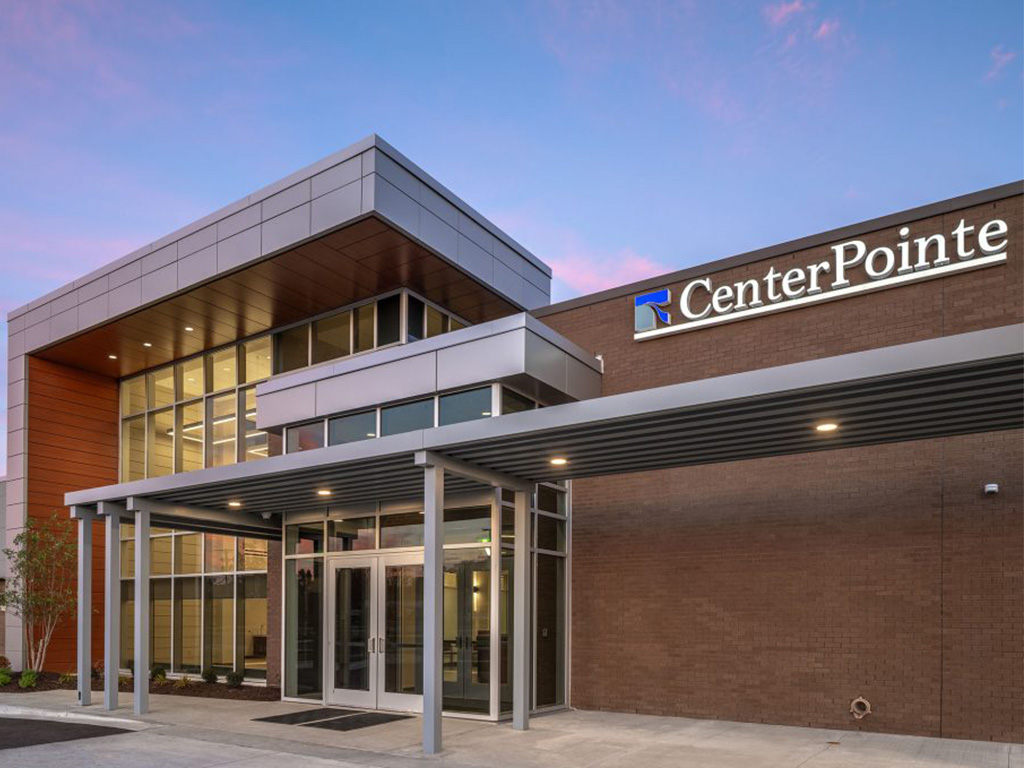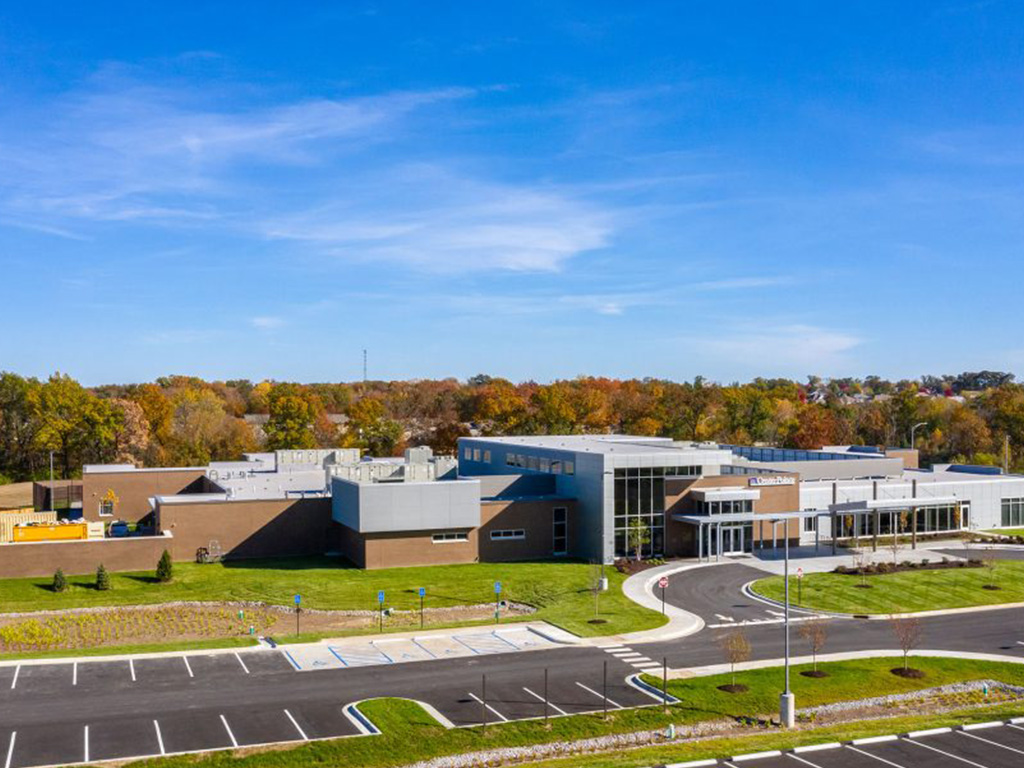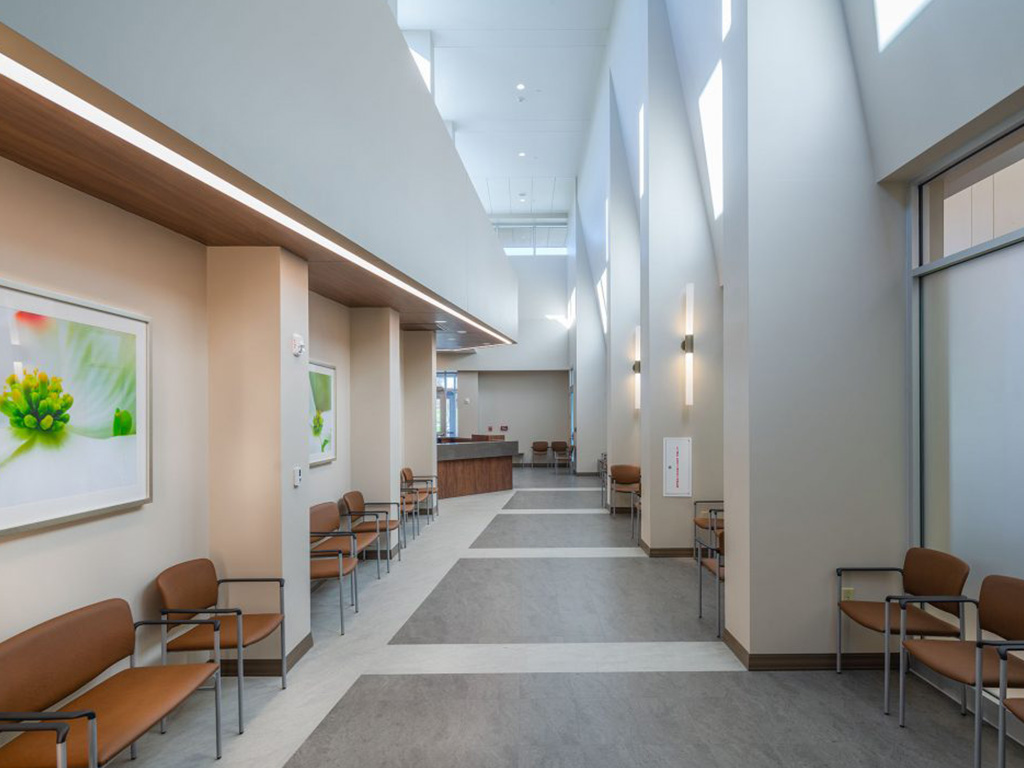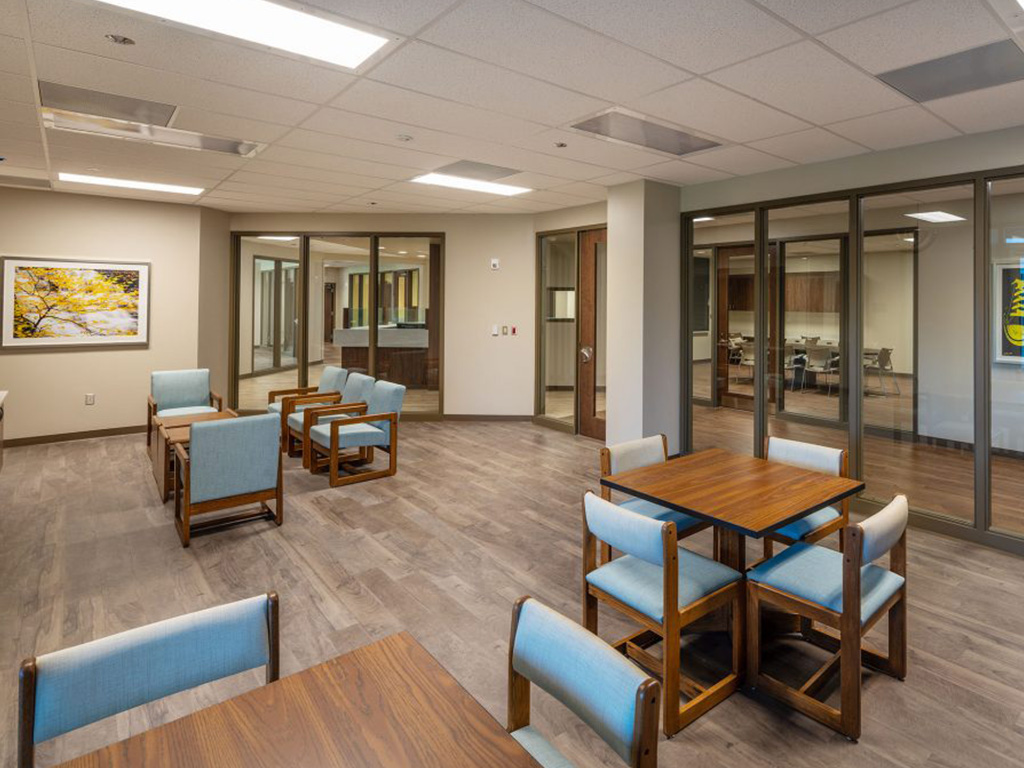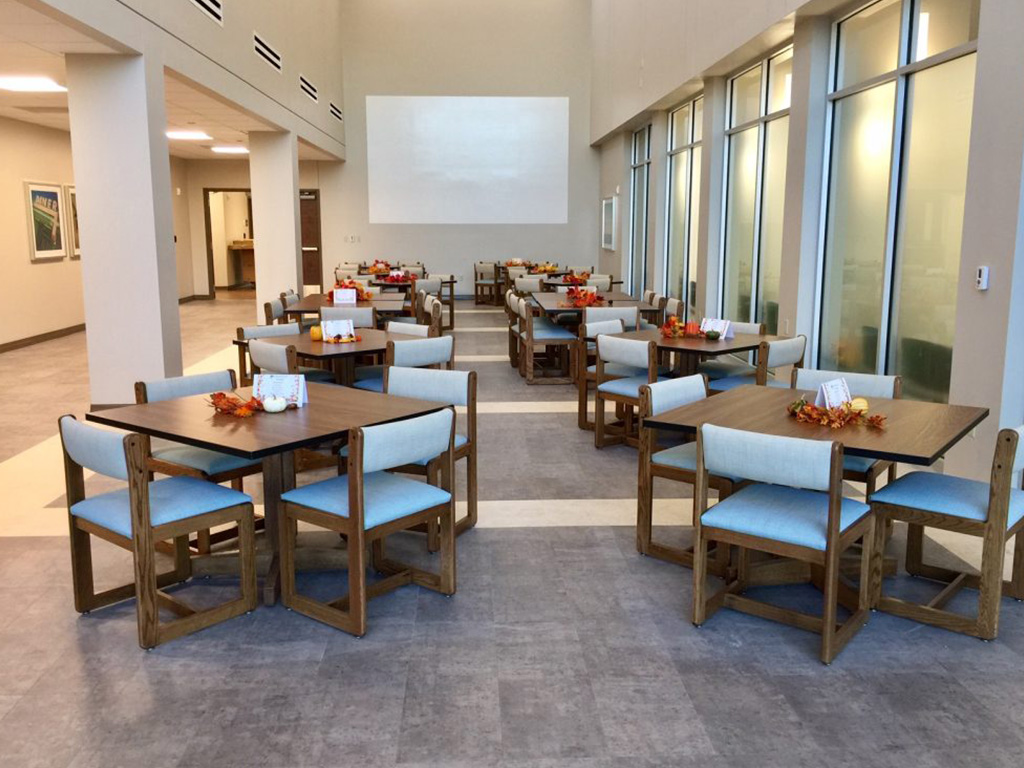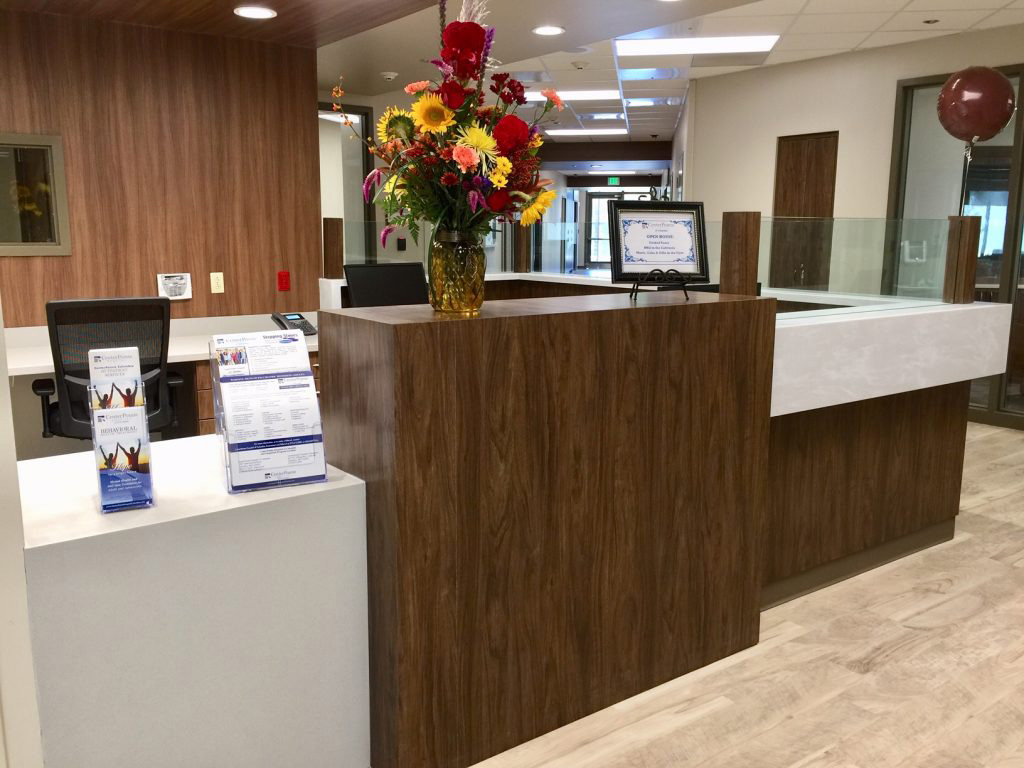Schizophrenia is a complex mental health disorder that can undermine a person’s ability to fully engage in a productive and satisfying lifestyle. It is also a treatable condition. When someone who has schizophrenia receives the personalized treatment and comprehensive support that meet the full scope of their needs, they can achieve improved health and better quality of life.
Signs & Symptoms of Schizophrenia
According to the fifth edition of the Diagnostic and Statistical Manual of Mental Disorders (DSM-5), schizophrenia is characterized by five types of symptoms:
- Hallucinations
- Delusions
- Disorganized speech
- Grossly disorganized or catatonic behavior
- Negative symptoms
To be accurately diagnosed with schizophrenia, a person must experience at least two of the symptom types listed above for a period of at least one month. At least one of the symptom types the person develops must be hallucinations, delusions, or disorganized speech.
Depending on which types of symptoms a person develops, they may exhibit the following signs of schizophrenia:
- Seeing people, objects, or light patterns that don’t exist
- Hearing voices or other sounds that no one else can perceive
- Feeling like they are being targeted or controlled by a government agency or other secret organization
- Thinking that a famous person whom they have never met is in love with them
- Believing that they have extraordinary talents or magical powers
- Rapidly jumping from one topic to another when speaking, with no logical connection among topics
- Using made-up words or incoherent sounds that have no meaning to anyone else
- Answering questions with completely unrelated statements
- Failing to attend to personal hygiene, grooming, and other types of basic self-care
- Engaging in odd or inappropriate behaviors, which may include acting in a childlike manner
- Acting impulsively or aggressively
- Speaking in a flat, monotone manner
- Appearing stoic, with a lack of facial expressiveness
- Showing little to no interest in associating with other people
- Lacking motivation, which may include having no desire to even leave the house
The onset of the signs and symptoms of schizophrenia can vary depending on a person’s gender. Men typically begin to demonstrate these signs and symptoms during late adolescence or their early 20s. For women, the indicators of schizophrenia usually become evident between their early 20s and early 30s.
Schizophrenia Statistics
The following schizophrenia statistics are from the National Institute of Mental Health (NIMH):
- Experts estimate that schizophrenia affects 0.25%-0.64% of the population. With the current population of the United States at about 331.9 million people, this means that 83,000-2 million people in the U.S. may have schizophrenia.
- Throughout the world, schizophrenia is one of the 15 leading causes of disability.
- About 50% of people who have schizophrenia also have a co-occurring mental health disorder.
- The average life expectancy for someone who has schizophrenia is about 28.5 years lower than that of the general public.
- About 4.9% of people who have schizophrenia die by suicide.
Also, the World Health Organization (WHO) has reported that people who have schizophrenia account for approximately 50% of patients in mental health hospitals across the globe.
Toggle Text Here
Causes of Schizophrenia
Researchers have not identified a single, universal cause of schizophrenia. However, they have determined that a variety of genetic and environmental factors can influence the likelihood that a person will develop this disorder.
Potential risk factors for schizophrenia include the following:
- Family history of schizophrenia
- Growing up in an urban environment
- Having certain genetic variations
- Experiencing certain complications during birth
- Being born to older parents
- Maternal diabetes
- Infection or malnutrition during birth or shortly after being born
Effects of Untreated Schizophrenia
CenterPointe Hospital of Columbia offers personalized treatment for schizophrenia at the inpatient, intensive outpatient, and outpatient levels:
- Inpatient treatment – Inpatient treatment at our hospital is a short-term service that is designed to help patients achieve stabilization so that they can return home or transition to a lower level of care. Features of inpatient treatment for schizophrenia include full days of structured clinical services, nutritious meals, comfortable patient rooms, and round-the-clock supervision from a team of dedicated professionals. Typical length of stay at the inpatient level is seven to 10 days for adolescents and adults and 10-14 days for senior adults.
- Intensive outpatient program (IOP) – At the IOP level, patients take part in three hours of care, three days per week, for a total of nine weekly hours of treatment. Some patients step down to our IOP for continued support after completing inpatient treatment for schizophrenia. Others enter treatment at the IOP level. We work with each prospective patient and their family to determine which level or levels of care are right for them. Typical length of stay in our IOP is four to six weeks.
- Outpatient treatment – This level consists of regularly scheduled individual sessions with a psychiatrist or nurse practitioner. Outpatient treatment for schizophrenia can be a valuable source of ongoing support for people who have completed care at the inpatient or intensive outpatient level.
Depending on several individual factors, including which level of care a person is currently enrolled in, their customized schizophrenia treatment plan may include elements such as the following:
- Basic medical care
- Medication management services
- Detoxification for patients who have a co-occurring substance use disorder
- Family therapy
- Process groups
- Psychoeducational groups
- Experiential groups
- Art therapy
- Music therapy
- Cognitive behavioral therapy (CBT)
- Dialectical behavior therapy (DBT)
- Acceptance and commitment therapy (ACT)
- Motivational interviewing
- 12-Step education and support
Before a patient begins to receive treatment for schizophrenia, a member of our team can explain the procedures and benefits of each service they will receive. We are also available to answer any questions patients or their family members have.
Types of Treatment for Schizophrenia
CenterPointe Hospital of Columbia offers personalized treatment for schizophrenia at the inpatient, intensive outpatient, and outpatient levels:
- Inpatient treatment – Inpatient treatment at our hospital is a short-term service that is designed to help patients achieve stabilization so that they can return home or transition to a lower level of care. Features of inpatient treatment for schizophrenia include full days of structured clinical services, nutritious meals, comfortable patient rooms, and round-the-clock supervision from a team of dedicated professionals. Typical length of stay at the inpatient level is seven to 10 days for adolescents and adults and 10-14 days for senior adults.
- Intensive outpatient program (IOP) – At the IOP level, patients take part in three hours of care, three days per week, for a total of nine weekly hours of treatment. Some patients step down to our IOP for continued support after completing inpatient treatment for schizophrenia. Others enter treatment at the IOP level. We work with each prospective patient and their family to determine which level or levels of care are right for them. Typical length of stay in our IOP is four to six weeks.
- Outpatient treatment – This level consists of regularly scheduled individual sessions with a psychiatrist or nurse practitioner. Outpatient treatment for schizophrenia can be a valuable source of ongoing support for people who have completed care at the inpatient or intensive outpatient level.
Depending on several individual factors, including which level of care a person is currently enrolled in, their customized schizophrenia treatment plan may include elements such as the following:
- Basic medical care
- Medication management services
- Detoxification for patients who have a co-occurring substance use disorder
- Family therapy
- Process groups
- Psychoeducational groups
- Experiential groups
- Art therapy
- Music therapy
- Cognitive behavioral therapy (CBT)
- Dialectical behavior therapy (DBT)
- Acceptance and commitment therapy (ACT)
- Motivational interviewing
- 12-Step education and support
Before a patient begins to receive treatment for schizophrenia, a member of our team can explain the procedures and benefits of each service they will receive. We are also available to answer any questions patients or their family members have.
Benefits of Receiving Treatment for Schizophrenia
The following are a few examples of the many potential benefits of receiving treatment for schizophrenia at CenterPointe Hospital of Columbia:
- Safety – The symptoms of untreated schizophrenia can put a person at risk for various types of harm. However, when someone who has schizophrenia is in our hospital, they are in a safe place under the care and supervision of a team of skilled professionals. In addition to protecting the patient’s well-being, our focus on patient safety can also be a source of considerable peace of mind for their loved ones.
- Clinical excellence – Patients who receive schizophrenia treatment at CenterPointe Hospital of Columbia benefit from our unwavering commitment to clinical excellence. Elements of care at our hospital include a variety of time-tested, research-supported therapies that have documented histories of helping people experience relief from the symptoms of schizophrenia. We monitor each person’s progress throughout their time with us, and we can modify their schizophrenia treatment plan as necessary to ensure that they are receiving maximum benefit from our services.
- Education and support – Our team works diligently to ensure that CenterPointe Hospital of Columbia remains a welcoming and supportive environment for our patients and their loved ones. We realize that when a person struggles with schizophrenia, their family members are also affected. At our hospital, patients and families can receive the support they need to help address the emotional and social impact of schizophrenia. This includes sessions where they can learn more about schizophrenia and improve their ability to support each other.
- Connection – Untreated schizophrenia can have an isolating impact on people who develop this disorder, as well as on those who care for them. When a person receives treatment for schizophrenia at CenterPointe Hospital of Columbia, they and their loved ones can discover that they are not alone. In addition to the support we provide during a person’s time in our care, we also offer detailed aftercare plans to ensure that they are connected with the services and resources that can help them after they have transitioned out of treatment.
How to Select a Schizophrenia Treatment Center
To select a schizophrenia treatment center for someone in your family, you should focus on identifying the hospital or other facility whose services and approach to treatment align most closely with your loved one’s needs.
To accomplish this, you may want to ask questions such as the following to the representatives of any schizophrenia treatment centers you are considering:
- Does each person who receives treatment for schizophrenia follow a personalized treatment plan?
- How do you determine which levels of care and types of therapy are right for each patient?
- How do you determine how long a person needs to remain in treatment?
- What are the qualifications of the professionals who provide schizophrenia treatment at your facility?
- Do your schizophrenia treatment services also include care for co-occurring mental health disorders or substance use concerns?
- Does your schizophrenia treatment facility offer family therapy or other support services for loved ones?
- What types of discharge planning services or aftercare support do you provide?
- Does your schizophrenia treatment center accept my insurance?
When you contact CenterPointe Hospital of Columbia, we will be happy to answer these and any other questions you have. Beginning with your first call to our hospital, we want to be sure that you always have the information you need so that you can make the best decisions about your loved one’s treatment.
This content was written on behalf of and reviewed by the clinical staff at CenterPointe Hospital of Columbia.
